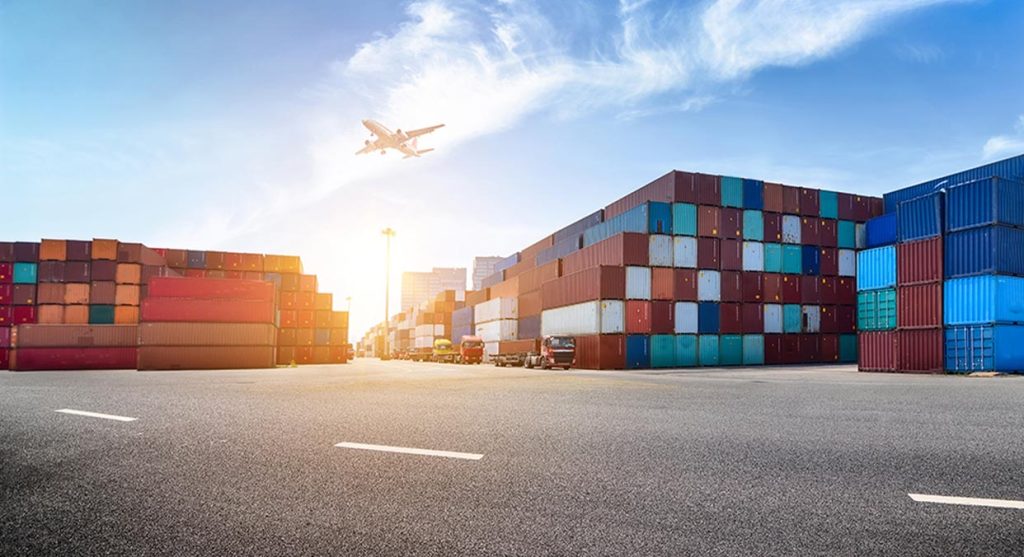The future of transportation is being significantly shaped by the advent of autonomous vehicles, particularly in the realm of logistics. Autonomous vehicles are revolutionizing the way goods are transported, offering efficiency, safety, and cost-effectiveness on a scale previously unimaginable. In the logistics industry, where timely and secure delivery is paramount, the integration of autonomous vehicles represents a game-changing paradigm shift. One of the key advantages of autonomous vehicles in logistics is their ability to enhance operational efficiency. Unlike traditional human-driven vehicles, autonomous vehicles operate tirelessly without the constraints of driver fatigue or work-hour limitations. This allows for continuous, 24/7 operation, resulting in faster and more consistent delivery schedules. Moreover, autonomous vehicles can optimize routes in real-time based on traffic conditions, ensuring that goods reach their destinations swiftly and avoiding delays associated with human decision-making.

Safety is another critical aspect that autonomous vehicles bring to the forefront of logistics. By eliminating human error, a significant contributor to road accidents, these vehicles offer a heightened level of safety for both drivers and pedestrians light delivery vehicle. Advanced sensors, cameras, and artificial intelligence algorithms enable autonomous vehicles to navigate complex traffic scenarios, interpret road signs, and react instantaneously to unforeseen obstacles. As a result, the logistics industry can anticipate a reduction in accidents and related disruptions, fostering a safer environment for all stakeholders. The incorporation of autonomous vehicles in logistics also holds promise for cost-effectiveness. While the initial investment in autonomous technology may be substantial, the long-term benefits are substantial. Autonomous vehicles can enhance fuel efficiency through optimal route planning, reduce maintenance costs by operating with precision, and decrease labor expenses associated with human drivers.
As the technology matures and becomes more widespread, economies of scale are expected to drive down the overall cost of adopting autonomous vehicles in logistics, making it an increasingly attractive option for businesses aiming to streamline their operations. Furthermore, the integration of autonomous vehicles contributes to environmental sustainability. By optimizing routes and reducing fuel consumption, these vehicles help mitigate the carbon footprint associated with transportation. The logistics industry, notorious for its impact on the environment, can leverage autonomous technology to align with global sustainability goals and reduce its ecological impact. In conclusion, autonomous vehicles are reshaping the future of transportation, particularly within the logistics sector. The inherent advantages of enhanced efficiency, safety, cost-effectiveness, and environmental sustainability position autonomous vehicles as a transformative force in the logistics landscape. As technology continues to advance, businesses in the logistics industry are poised to capitalize on the myriad benefits offered by autonomous vehicles, ushering in an era of smarter, safer, and more efficient transportation.
